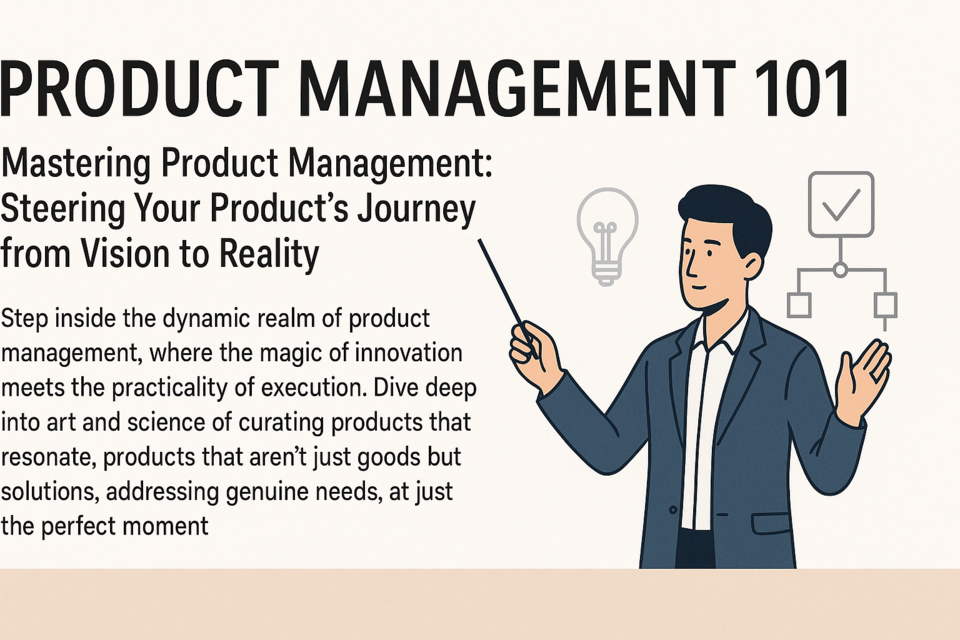-
Gather all the information before you begin to write your r�sum�.
-
Organize your r�sum� in an easy-to-read format.
-
List work experience starting with the most recent.
-
A r�sum� should be one to two pages in length.
-
Your r�sum� should be completely free of errors.
Your r�sum� is an important part of any job search because it is the basis from which prospective employers will decide if they will invite you for a job interview. Your r�sum� should show the skills you have and the work experience you can draw upon. A good r�sum� can open doors for you. A poorly written r�sum� will get barely a glance before ending up in the trash bin. Your r�sum� is an important document and deserves to be thoroughly researched and thoughtfully written.
Writing a good r�sum� takes time; it should not be hastily written in an hour, or even in one sitting. Once you have spent the time to get your r�sum� right, you always will be able to use that as a template to quickly make any updates.
Here are the basic steps to take when writing your r�sum�:
� Gather information.
� Analyze the information.
� Outline your r�sum�.
� Write your r�sum�.
Gather Information
Work on each category one at a time and use a separate piece of paper for notes on each. Be specific and thorough when gathering the information. It is important to have all the information down on paper so that you can decide later which parts are the most relevant to your r�sum�.
Education and training: This will be most important to those with little work experience, such as recent graduates. For the seasoned worker, this category will be secondary to work experience, though it is still important. If you have a college degree, you will need only to focus on your college education, not on high school. However, if you do not have a college education, then you will focus on your high school education and any additional training that you may have had. List out the following information:
1. Colleges (or high school) attended.
2. Degrees earned and the dates they were awarded. If you currently are working on that degree, list your expected graduation date.
3. Major and minor subjects.
4. Additional training or courses taken.
5. Grade point averages, Dean's List, academic honors.
6. Scholarships and awards.
7. Extracurricular activities.
Work experience: Be sure to list out all your employment that may be relevant or applicable to the position you are applying for: full-time, part-time, temporary work, internships, freelance work, etc. Jobs you had years ago may not be directly relevant to today's position, but they show your experience base and where you came from. Think about each job in detail and answer the following questions for each:
1. What was the company name?
2. What was your job title?
3. In detail, what tasks did you perform?
4. Why were you hired?
5. What skills did you learn from that job?
6. Were you given a promotion or more job responsibilities?
11. Did you win any awards or receive any special bonuses?
Professional and personal skills and activities: Whether these are skills that you formally learned in a class or that you taught yourself, they are important, as long as you are adequately trained. List out, in detail, all the professional skills you have, including the following:
1. computer programs and software, such as Microsoft Word, Excel, Photoshop, QuickBooks, etc.;
2. computer languages and coding (HTML, etc.);
3. foreign languages;
4. published writings;
5. member of a professional group or association;
6. professional certifications.
Analyze the Information
After you have listed out all the information for all three categories, it is time to thoroughly analyze each one and decide if it is relevant and important to the job you are seeking. First, it is important to think about the job or types of jobs you are interested in. Ask yourself these questions:
What type of experience or skills would be most helpful for that job? Look through your outlined notes and highlight everything that relates to what you think your potential employer will be looking for.
How can you most effectively present your qualifications? Take each of the highlighted areas above and spend some time tweaking each one until it sounds just right. Remember, you need to present the information in such a way that will appeal to your potential employer. The goal is to stand out from the crowd and get that interview.
Write Your R�sum�
Your r�sum� should be one to two pages, certainly no longer. The goal of your r�sum� is to get you a job interview, so the information should be detailed, well-organized, easy to read, and free of errors. While a r�sum� can be organized in a variety of ways, it should always contain the following information:
1. your name, address, phone number, and e-mail address;
2. your current and long-term career goals;
3. your education and training;
4. your work experience;
5. your specific skills.
Depending on the job you are applying for, you might also want to include:
1. technical expertise;
2. summary of qualifications;
3. personal interests.
RESUME FORMATS
There are two basic r�sum� formats, chronological and functional. Read about each one below in order to decide which format will be right for you.
The chronological format is most useful when:
-
Your work experience has been in the same field.
-
Your overall work history shows growth.
-
Your most recent or current position is one that is highly relevant to the job position you are applying for.
-
You have no time lapses in your work history.
-
You have been employed at one job but wish to show your diversity of experience in that position.
Functional: The functional format presents your work experience under skill headings, giving you the ability to prioritize your accomplishments by importance rather than by chronology. In this format, your work history is briefly listed in a section separate from your achievements. While this arrangement can be effective, be aware that employers may know that the functional format is sometimes used to cover an applicant's weaknesses. Use the functional format with caution and be prepared to explain any time lapses.
The functional format is most useful when:
-
You are changing careers.
-
You are reentering the job market.
-
You want to emphasize skills or experience from an earlier part of your work history.
-
Your most recent position is not impressive or relevant to the job position you are applying for.
-
If your work experience shows gaps in time due to unemployment or illness.
WRITING EACH SECTION OF YOUR RESUME
Heading: At the top of the page, your name should be centered, in bold typeface, and in all capital letters. Follow the next lines with your address, phone number, and Web site. Be sure not to get carried away with too many numbers (home, work, cell), or a fax number or a variety of e-mail addresses. Not only will it take up a large portion of the page, it will have you looking a bit egocentric.
Example:
JANE PRYOR
176 Angler Street
Darlin, Florida 32256
Phone: (859) 345-0987
E-mail: Jane@DarlinFl.com
Employment objective: This is a statement of both your immediate and long-term career objectives. Your objective should be specific and should include one or more of the following:
-
a specific job title;
-
the industry/environment in which you want to work;
- <






























